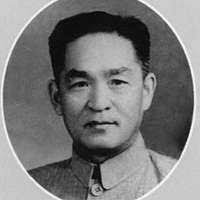Chang Li-sheng (24 May 1900-), Kuomintang leader and government official, was director of the party's organization department in 1936-37 and minister of the interior from 1944 until May 1948; in Taiwan, he served as vice president of the Executive Yuan and then as ambassador to Japan. Lot'ing hsien in Chihli (later Hopei) province was the […]










